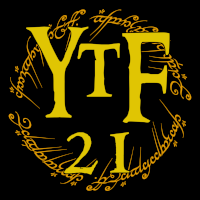Speaker
Description
The interpretation of measurements from high energy collisions at experiments like the Large Hadron Collider (LHC) relies heavily on the performance of full event generators, specifically their accuracy and speed in simulating complex multi-particle final states. With the rapid and continuous improvement in quantum computers, these devices present an exciting opportunity for high energy physics. Dedicated quantum algorithms are needed to exploit the potential that quantum computers can provide. In this talk, I will present general and extendable quantum computing algorithms for the simulation of the parton shower in a high energy collision. The algorithms utilise the quantum nature of the parton shower calculation, and the quantum device’s ability to remain in a quantum state throughout the computation, to efficiently perform the simulation. Furthermore, it will be shown that reframing the parton shower in the quantum walk framework dramatically improves the performance of the parton shower simulation, increasing the number of shower steps that can be simulated, whilst reducing the required Quantum Volume on the device. These algorithms are the first step towards simulating a full and realistic high energy collision event on a quantum computer.
| Would you be interested in receiving feedback on your presentation? | Yes |
|---|---|
| Are you happy for your talk to be recorded? | Yes |
| Will you be pre-recording your talk? | No |
| Could you please give the most relevant category for your talk? | QCD |

